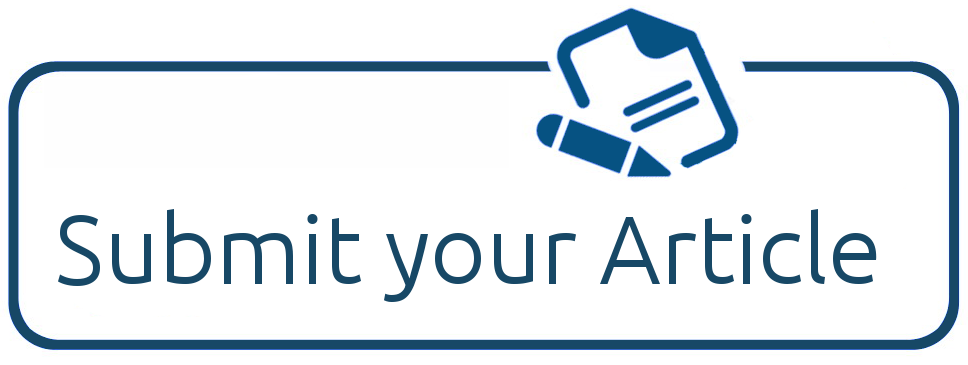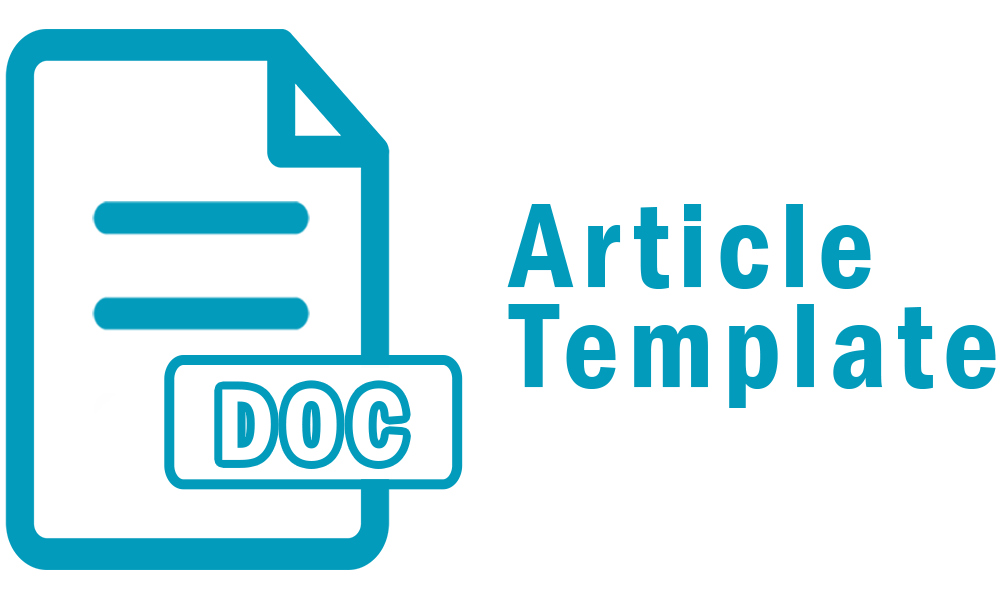Researcher Responsibility
Originality and Integrity: The researcher must present original and reliable research that has not been previously published in other journals, be honest and objective in presenting and interpreting results, avoid misconduct such as data manipulation or results distortion, and ensure the suitability of proposed hypotheses.
Intellectual Property Rights: The researcher must respect the intellectual property rights of others and not violate them, properly cite previous works, and use quotes and references correctly.
Clear and Understandable Writing: The researcher should write research papers and articles in clear and understandable language, avoid ambiguous or vague expressions, and ensure that ideas are organized and logical.
Source Documentation and Citations: The researcher must provide accurate sources and citations for the research and works utilized in their study. This supports the provided information and offers a path for readers to follow for further knowledge.
Collaboration and Acknowledgment: The researcher should work with a spirit of collaboration and partnership, appreciate others' contributions to the research, and give proper acknowledgment to individuals who contributed to the research, mentioning their names and roles in the publication.
Avoiding Conflicts: The researcher is advised to avoid publishing on topics involving financial or personal conflicts of interest that could affect the integrity and objectivity of the research.
Effective Communication: The researcher should cooperate with the journal's management, reviewers, and referees, respond effectively to comments and feedback, and discuss any suggested clarifications or revisions positively.
Transparency in Funding: The researcher must provide concise and transparent information about the funding related to the research, mention the funding sources, and confirm that funding did not influence the results.
Compliance with Ethical Standards: The researcher must adhere to recognized ethical standards in the scientific research community, including respecting human and animal rights, responsibly using personal data, and refraining from discrimination and bias.
Reviewer Responsibility
Professionalism and Integrity: Reviewers must maintain impartiality and integrity when evaluating research, avoiding any bias or discrimination based on gender, race, religion, nationality, or other non-scientific factors.
Confidentiality and Privacy: Reviewers respect the confidentiality of the peer-reviewed research and handle related information with complete confidentiality, without disclosing any details about the research or its results without explicit author permission.
Collaboration and Communication: Reviewers provide constructive and helpful comments to improve submitted research and are willing to communicate with authors, answering their questions or inquiries in a professional and friendly manner.
Competence and Timeliness: Reviewers are competent in their fields and specialties, possessing the expertise and knowledge necessary to evaluate research. They also adhere to the specified deadlines for submitting review reports and completing the review process within the allotted time frame.
Interactive Discussion: The review team is prepared to engage in scientific discussion and constructive criticism, asking additional questions or drawing attention to unclear aspects or potential issues that require further exploration.
Reporting Ethical Violations: Reviewers promptly report to the journal management any suspicions regarding ethical violations in the research, cooperating in investigations and taking appropriate measures to address potential violations.
Editorial Management Responsibility
Integrity and Credibility: The journal's management is committed to maintaining integrity and credibility in publishing procedures, avoiding manipulation of peer review or editorial processes to meet personal agendas or financial interests.
Promoting Originality and Respecting Authors' Rights: The journal management encourages scientific originality, respects authors' rights, and does not tolerate ethical violations like unauthorized attribution or plagiarism.
Organizing the Editorial Process: The journal's management ensures clear and defined procedures for peer review and editing, aiming for a transparent and fair process, respecting the privacy of reviewers and authors, and maintaining publication quality.
Collaboration and Partnership: The journal's management offers all means of collaboration with researchers, authors, and reviewers, responding to their inquiries in a professional and effective manner.
Transparency and Open Access: The journal's management adopts a transparency principle regarding the publishing process and confirms that the adopted publishing policy is open access (Open Access) to increase research accessibility, enhance transparency, and benefit the academic community.
Handling Ethical Violations: The journal management takes strict measures to address ethical violations such as scientific fraud and data manipulation, having clear policies for investigating complaints and taking necessary actions.
Communication and Education: The journal's management promotes awareness of publishing ethics through communication with authors, reviewers, and readers, providing a guide that includes publishing ethics and author guidelines. It also conducts educational workshops from time to time to increase awareness and compliance.
Originality and Plagiarism
Queen Arwa University Journal's management takes various measures to prevent plagiarism and enhance the quality of scientific publishing, including:
- Using Similarity Detection Software: The journal's editors use specialized software to detect textual similarities and plagiarism, verifying the similarity of the submitted text with previously published works and other online sources. The accepted similarity rate for publication is 20% or less.
- Manual Review: A team of editors and reviewers manually examines submitted texts to identify any suspicious similarities or intellectual property violations. They have the expertise to use tools like search engines and academic databases to check for potential similarities.
- Author and Expert Communication: If there are suspicions about the literary originality of a submitted article, the team contacts the authors for further information or clarifications. They also seek assistance and consultation from experts in the relevant field for opinions and analysis.
- Proper Documentation and Author Involvement: The journal's plagiarism policy is clear, ensuring scientific originality in publication requests and raising authors' and researchers' awareness of compliance with ethical standards and intellectual property rights. Additional references or detailed information about the sources used in the research may be requested.








